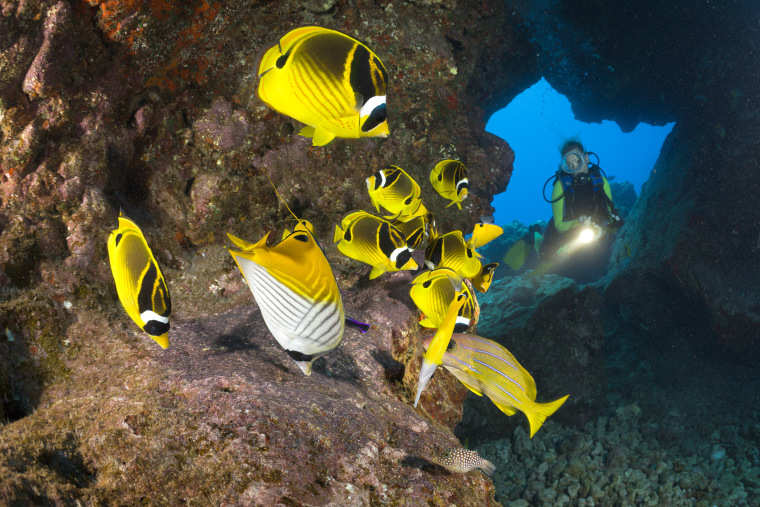The U.S. Supreme Court heard oral arguments Wednesday in a case environmental groups say could undercut the Clean Water Act, the primary federal law regulating water pollution.
The test of the law centers on a Maui, Hawaii, wastewater treatment plant first opened in the 1970s. The Lahaina Wastewater Reclamation Facility processes millions of gallons of sewage each day, injecting the treated wastewater deep underground.
The case made its way to the Supreme Court after environmental groups sued Maui County in 2012 for failing to get a federal Clean Water Act permit even though the pollution is entering “navigable” water, such as a river, lake, or in this case, the Pacific Ocean. Maui County has argued the Act does not apply because the wastewater isn’t flowing into the Pacific but rather into groundwater beneath the plant.
Those two contentions promise to factor into the justices’ opinion, which is expected in June.
The environmental groups say the pollution clearly came from the underground injection wells, while the county argues it came from the groundwater it was injected into, leading to an amusing round of analogies before the court.
“When you buy groceries, you say they came from the store, not from your car, even though that's the last place they were before they entered your house,” argued David Henkin, attorney for Earthjustice, which represents the Hawaii Wildlife Fund, Sierra Club-Maui Group, Surfrider Foundation, and West Maui Preservation Association in the case.
“If at my home I pour whiskey from a bottle into a flask, and then I bring the flask to a party at a different location and I pour whiskey into the punch bowl there, nobody would say that I had added whiskey to the punch from the bottle,” said Justice Department lawyer Malcom Stewart. He appeared on behalf of the U.S. government after it joined parties that filed briefs supporting Maui County.
Justices appeared to push back on the county’s interpretation, with Justice Stephen Breyer saying it would provide a “road map” for polluters.
“All we do is we just cut off the pipes or whatever, five feet from the ocean,” said Breyer, adding, “You understand the problem.”
An earlier 9th U.S. Circuit Court of Appeals ruling sided with environmental groups that argued the groundwater discharges damaged a coral reef and amounted to a “direct” injection of wastewater.
A variety of industries are closely watching the case, including pipeline company Kinder Morgan Energy Partners, which operates more than 80,000 miles of pipelines transporting natural gas, crude oil and gasoline. The company is named in another case pending before the court, in which a citizen-suit claims it violated the Clean Water Act in an accidental pipeline discharge into groundwater.
Attorneys for the company filed a brief in the case supporting Maui County.
“Numerous state and local regulatory regimes (and even some federal ones) already address soil and groundwater pollution," they wrote, "making it unnecessary (and counterproductive) to extend the CWA into that area.”
The Environmental Protection Agency, which initially supported environmental groups in the case, has switched sides. After long maintaining the Clean Water Act applied to waters hydrologically connected to navigable waters, it released a statement in April that appeared to side with the County of Maui.
Former EPA officials are pushing back on that pivot.
“Accepting the United States’ recent reversal in position would effect a significant rollback in regulatory enforcement of the CWA that has been in place for decades,” a bipartisan group of former agency administrators wrote in a brief supporting the environmental groups.
In an early sign of just how far-reaching the effects of the decision could be, regulators in Alaska are awaiting the outcome of the case before deciding on a mine exploration permit for a project that could result in groundwater discharges into rivers where salmon spawn.
While controversy over the case has ricocheted around the United States, it has caused significant rancor on the island of Maui itself. In September, the County Council voted to settle and withdraw the case, but Maui County Mayor Michael Victorino disagreed, writing to residents that they would be “best served” by having the Supreme Court conclude the outcome.
“We should not risk the staggering costs of retrofitting treatment plants, jeopardizing our recycled water program or exposing our taxpayers or residents to costly legal battles over a new interpretation of regulations for wastewater disposal," he wrote.
The court is expected to rule sometime in June.

